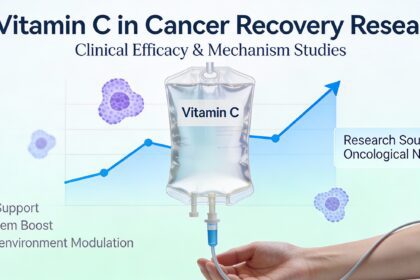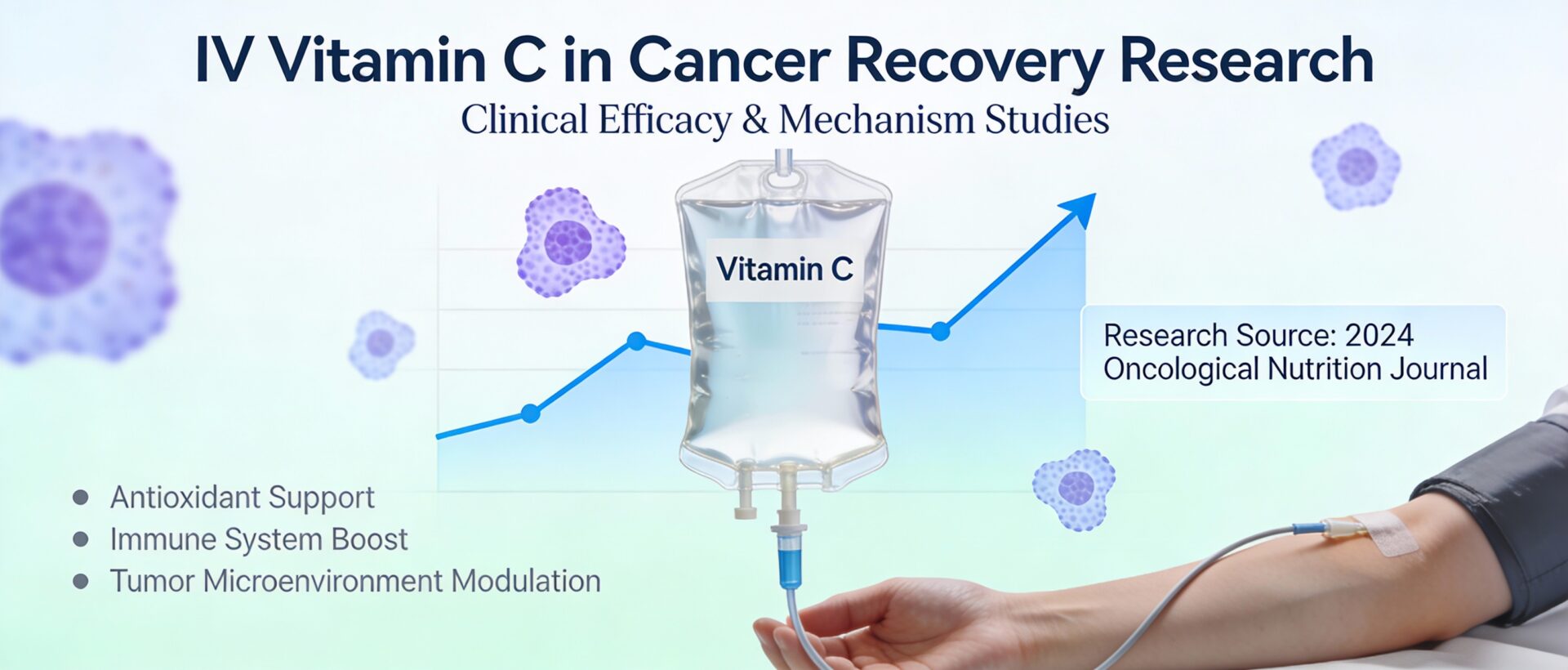It’s Friday afternoon and you’re leaving work. You may be thinking about going out. You might have a few drinks with friends, just to relax and wind down. Even though you may think you deserve to go out for those few drinks, there are some things that you may want keep in mind about alcohol.
To Drink or Not to Drink
 According to your workout schedule, tomorrow is going to be a day for another trip to the gym. Because you’re exercising regularly, a couple of drinks won’t really hurt anything, right? Think carefully before you decide to rush out to the local bar to meet your friends. There are a few things that you should know before you decide to drink alcohol.
According to your workout schedule, tomorrow is going to be a day for another trip to the gym. Because you’re exercising regularly, a couple of drinks won’t really hurt anything, right? Think carefully before you decide to rush out to the local bar to meet your friends. There are a few things that you should know before you decide to drink alcohol.
Get the Facts
Recent research has shown that even small amounts of alcohol may increase muscular endurance and even strength output. Unfortunately, these benefits are very short lived. After about 20 minutes, problems begin to surface. The negative side effects associated with alcohol consumption begin to outweigh any temporary benefits. While it certainly has temporary benefit, alcohol is a potent depressant that can result in significant harm to your body.
With regard to exercise, research has revealed that there are numerous negative effects of alcohol. It can reduce your strength, endurance, aerobic capability, recovery time, ability to metabolize fat, and even limit your muscle growth! Alcohol also has an effect on your brain nervous system. If used (or abused) long term, it can cause severe deterioration of the central nervous system. Even with short term use, nerve-muscle interaction may be reduced, resulting in a loss of strength and coordination.
Once alcohol circulates with the blood cells, it can damage them significantly. With continued alcohol use, inflammation of the muscle cells is common. Over time, these damaged cells die, resulting in less coordinated, functional muscle contractions. Alcohol consumption will also leave you with more muscle soreness after exercise. This means that it will take you longer to rest, recover, and recuperate.
Research has also determined that alcohol consumption has some documented detrimental effects on your heart and circulatory system. When you drink alcohol, you may experience a reduction in your endurance capabilities. After drinking, body heat loss will increase. This is due to alcohol stimulating the blood vessels to dilate. The loss of body heat may prevent your muscles from warming up. They will then remain relatively cool, making any muscle contractions slower and weaker.
 Hormonal Havoc
Hormonal Havoc
Drinking alcohol may also result in digestive and nutrition issues. Alcohol causes a release of insulin. This release will specifically increase the metabolism of glycogen for energy. The metabolism of glycogen spares the fat stores, and makes fat loss more difficult. Alcohol has also been found to interfere with the proper absorption of several key nutrients. This means you may become deficient in B-type vitamins and even become anemic.
Other internal organs are also affected by alcohol consumption. Your liver is the organ that detoxifies alcohol. The more alcohol that you consume, the harder your liver has to work. The extra stress alcohol places on the liver may cause serious damage by destroying some of your liver cells. Alcohol is also a diuretic. Consuming large quantities can put a great deal of stress on your kidneys. During the water loss associated with diuretic action, hormones are secreted. This can lead to heightened water retention and make you look “puffy”. No one who exercises wants this to happen!
Moderation is Key
If you must drink alcohol, do it in moderation. Never drink before you exercise. This will impair your balance, coordination, and also your judgement. Think about your health and the “end goals” you have – you may begin to look at things from a whole new perspective!
























